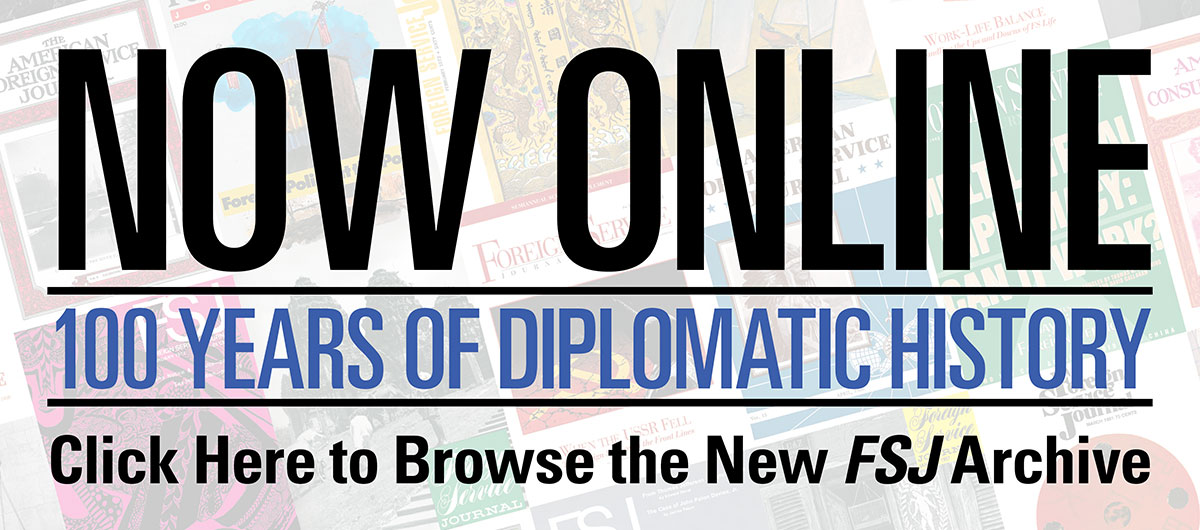DACOR: America's 'War to End All Wars': A Retrospective, 'Pearl Harbor Remembrance Day' Critique
One hundred years after the conclusion of the "War to End All Wars" - and on the anniversary of the attack that ended all doubts about whether America would enter into the war that came after it - it is useful to take another look at the logic which led Woodrow Wilson to disregard traditional injunctions against European political entanglement and to conclude that a millennial moment was at hand, a moment in which it would, indeed, be possible to "make the world safe for Democracy." What we see is that embedded in Wilson's war aims were a set of assumptions about human nature that virtually assured that American involvement in the Great War would, in its own terms, be a failure. The conclusion that follows is both painful and ironic: the roots of World War II can be found not so much in America's failure to join Wilson's League of Nations as in Wilson's efforts to create it.
Dr. Edward Rhodes is Professor of Government and International Affairs at George Mason University. His research has focused on American foreign and national security policy, looking particularly at embedded assumptions about the nature of liberal, republican democracy. He served as Dean of GMU's School of Public Policy from 2010-2013 and has also spent time in the Pentagon on Navy staff and time in the State and Commerce Departments. This event costs $25 and includes lunch.


